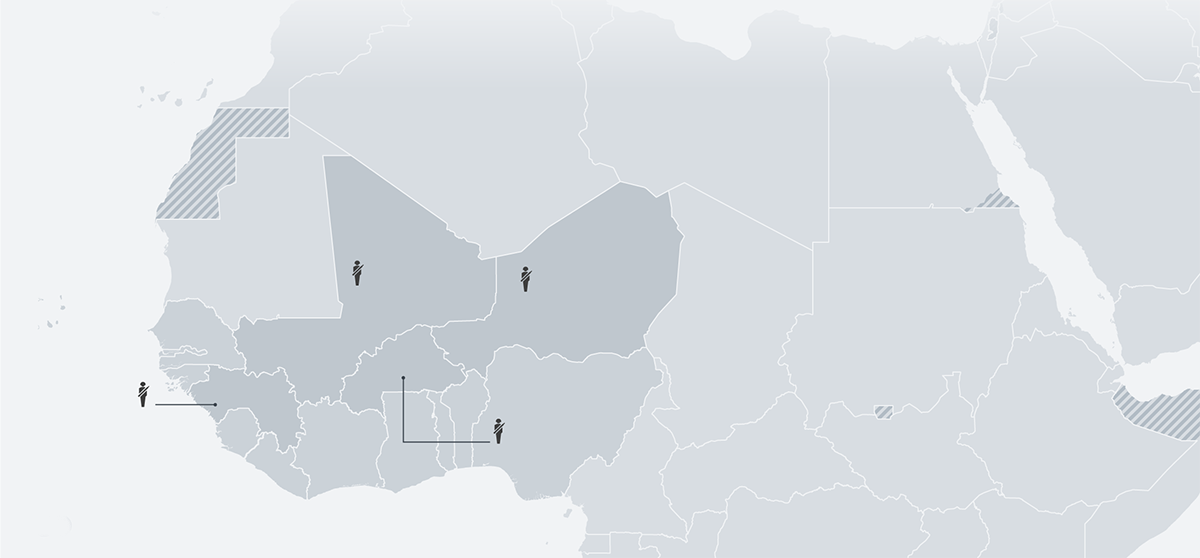
The Night of Niger, Yesterday in Yemen: Questions of Legitimacy Restoration and its Implications
Abdullah Rizk Abu Simazah
The Economic Community of West African States (ECOWAS) has granted the coup leaders in Niger a one-week deadline (ending tomorrow, Sunday, July 6) to restore legitimacy. The group, which held a summit meeting in Abuja last week for this purpose, threatened the use of force, while the African Union granted them a two-week period.
While the military force is being prepared, the threat of using force will remain as a means of pressure, allowing for political and diplomatic efforts to contain the crisis, especially since the coup has faced widespread rejection from a global front that includes the African Union, the European Union, the United States, and ECOWAS.
Coordinating with this front regarding various options for dealing with the coup is essential. Sending a strong message to the coup leaders on the continent, particularly in Niger, Mali, Burkina Faso, Guinea-Conakry, and Sudan, that the international community will not tolerate the undermining of civilian legitimate governance systems and the confiscation of democratic freedoms is crucial.
While France appears enthusiastic about the military option, it does not seem logical for France to have exited the war in Mali only to potentially re-enter through Niger, amidst a hostile regional environment.
Just as in Mali, the French intervention experience in neighboring Libya to overthrow Gaddafi and his great popularity, which still leaves catastrophic effects, does not encourage further military interventions.
Perhaps the precedent of non-violent regional intervention in the Central African Republic in 2013, which forced Michel Djotodia, the leader of the Seleka coup supported by Janjaweed and Islamists, to step down from power and cease the civil war, which has implications for Nigers current situation, is noteworthy.
The option of a military confrontation with the coup in Niamey may need further consideration. The option proposed in IGAD for addressing the situation in Sudan and in ECOWAS for Niger, which suggests its transformation into a continental option, given the increasing military coups and the growing democratic awareness among African populations, must take into account the fragile security conditions in the region when being put into action.
Niger, like the other members of the Sahel G5 countries—Mali, Chad, Mauritania, and Burkina Faso—has been in a war against terrorism for the past six years. Any new war will add new complexities to the course of the conflict and weaken these countries capacities to confront jihadist movements that control large portions of their territories, especially Mali and Burkina Faso. This prompted former Nigerian President Goodluck Jonathan to say that the military should focus on the security and safety of their countries instead of seeking power. It might be useful to draw on the pioneering experience of defending legitimacy and democratic civilian governance, hoping to understand the implications of the legitimacy restoration process in Yemen, its setbacks, and its transformation into a protracted war without a clear victor.

